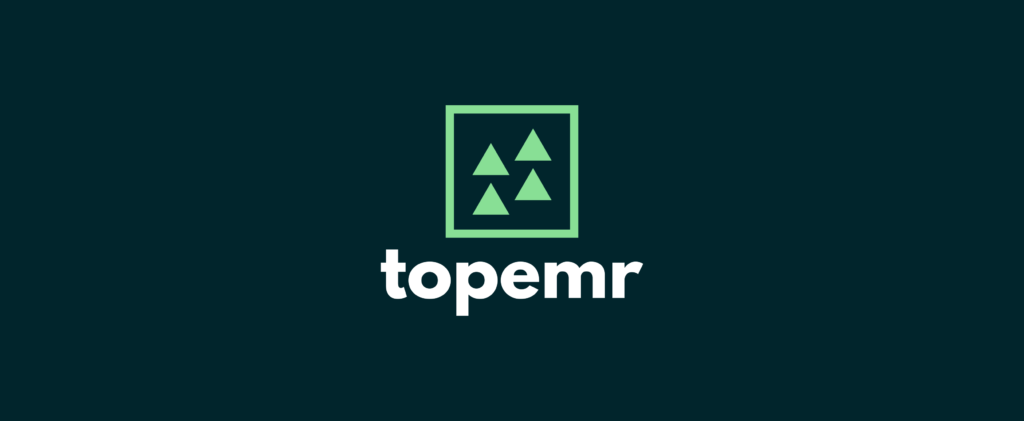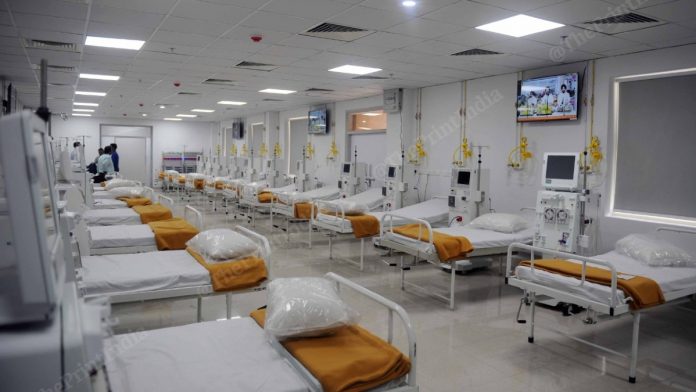Introduction
Dubai has built a reputation as a regional hub for advanced healthcare. Yet many dialysis clinics—despite investing heavily in infrastructure, equipment, and staff—continue to run their daily operations on spreadsheets and fragmented tools. The result? Lost revenue, compliance gaps, patient dissatisfaction, and scaling headaches.
Both the recent LinkedIn article on spreadsheet billing and multiple reports from TopEMR.ae show the same pattern: clinics underestimate how much hidden inefficiency is baked into their workflows. Billing and EMR errors don’t just slow down a team—they threaten growth, reputation, and regulatory standing in one of the most competitive healthcare markets in the world.
This article breaks down the hidden costs of outdated systems, the Dubai-specific challenges, and how unified digital platforms like Clinicea help dialysis clinics get compliant, profitable, and future-ready.
1. The True Cost of Spreadsheet Billing in Dubai
Spreadsheets feel simple. But for dialysis billing, they’re deceptively expensive.
Common Issues with Spreadsheet Billing
- Human Errors & Rebilling: Manual entry causes missed charges and rebills that eat staff time.
- Delayed Claims: Without auto-policy logic, claims are inaccurate, leading to high denial rates from Dubai’s insurers.
- Unbilled Consumables: Phantom stock is common when billing and inventory aren’t integrated.
- No Payment Insights: Pending dues are invisible unless staff manually chase every line.
- Compliance Risks: Spreadsheets don’t leave audit logs—creating exposure under DHA and NABIDH mandates.
Impact in Dubai Clinics
TopEMR reports that clinics here often face 30–90 day AR cycles, frequent insurance denials, and unexpected quarterly revenue gaps. In a high-cost environment like Dubai—where salaries, consumables, and rents are premium—cashflow disruption can cripple expansion plans.
Clinicea addresses these issues by unifying billing, EMR, and inventory in a single, auditable workflow—ensuring accuracy, faster reimbursements, and zero missed consumables.
2. Compliance Isn’t Optional—It’s the Growth Gatekeeper
Dubai’s dialysis clinics face stringent regulatory oversight from MOHAP, DHA, and NABIDH.
TopEMR emphasizes that incomplete EMRs, missing consent logs, or unsigned physician notes are among the top audit failures. Clinics relying on manual or piecemeal digital tools are often left scrambling during inspections, pulling paper files and reconstructing billing trails.
Hidden Risks of Weak Compliance
- Fines & Penalties: Non-compliance can result in financial penalties or even license restrictions.
- Insurance Exposure: Payers may refuse claims without clean EMR documentation.
- Reputation Loss: Patients in Dubai—tech-savvy and well-informed—expect world-class, compliant care.
Clinicea resolves this by enforcing protocol discipline: treatment flowsheets cannot be closed until all vital fields are completed. Audit dashboards track every deviation, turning compliance into a daily routine—not a quarterly scramble.
3. Patient Experience Is a Revenue Lever
Dubai’s dialysis patients aren’t just patients—they’re consumers with high expectations. TopEMR highlights how long wait times, inconsistent communication, and billing confusion drive patients to switch providers.
Friction Points Seen in Dubai Clinics
- Wait Times: Empty chairs during peak demand because of poor scheduling.
- Billing Confusion: Unclear invoices, surprise charges, and delayed insurance reimbursements.
- Lack of Transparency: Patients not receiving timely updates or payment alerts.
Clinicea’s real-time dashboards and patient portal address these directly:
- Automated SMS/email confirmations reduce no-shows.
- QR-coded invoices and red-bar alerts improve billing transparency.
- Patient satisfaction surveys capture feedback instantly, feeding it back into operational dashboards.
The result? Higher retention and referral rates, which are critical in Dubai’s competitive healthcare market.
4. Scaling Without Losing Control
TopEMR repeatedly warns that many Dubai clinics expand to multiple sites but struggle to maintain quality and profitability. Growth magnifies inefficiencies—every scheduling error, every billing delay, every protocol miss scales across locations.
Common Scaling Red Flags
- Fragmented Systems: Each branch runs its own spreadsheets or isolated EMRs.
- Inventory Chaos: Stockouts at one unit while another sits on surplus.
- Inconsistent Protocols: Patient safety varies across branches.
Clinicea solves this by centralizing operations:
- Unified dashboards give chain-wide visibility into chair utilization, inventory, and financials.
- Cross-branch stock management avoids waste and shortages.
- Standardized EMR templates keep treatment safe and consistent.
This allows Dubai clinics to expand confidently while proving to investors, payers, and regulators that growth doesn’t compromise standards.
5. Data-Driven Decision Making: From Guesswork to Metrics
One of TopEMR’s strongest insights is that many clinics in Dubai still run on intuition, not metrics. Decisions on staffing, consumables, and expansion are often reactive.
Clinics that succeed are those that monitor five key dashboards weekly:
- Chair utilization & no-show rates
- EMR completeness & protocol compliance
- Consumables tracking & inventory variance
- AR aging & denial rates
- Patient satisfaction & feedback loops
Clinicea builds these into the platform, ensuring leadership sees trends live—enabling proactive decisions rather than reactive firefighting.
6. Real Impact: What Clinics in Dubai Report
TopEMR case studies highlight measurable improvements when dialysis clinics switch to integrated systems like Clinicea:
- +30% Increase in Chair Utilization: Optimized scheduling and no-show management.
- 45% Reduction in Patient Wait Times: Digital workflows streamline patient flow.
- 10–15% Cost Savings on Consumables: Real-time tracking eliminates leakage and stockouts.
- Faster AR Recovery: Automated claims reduce days in accounts receivable.
- Audit Readiness by Default: EMR, billing, and consent logs updated in real-time, creating a live compliance trail.
These outcomes directly improve profitability and allow clinics to invest in scaling without fear of collapse under regulatory or financial strain.
7. Why Clinicea Is the Dubai-Ready Platform
What sets Clinicea apart isn’t just digitization—it’s dialysis-specific discipline embedded in every workflow:
- Billing & Insurance: Auto-policy logic handles Dubai’s complex payer rules.
- Compliance: NABIDH-ready EMR templates enforce protocol completion.
- Inventory: Barcode-driven deduction eliminates phantom stock.
- Analytics: Visual dashboards cover KPIs from AR aging to patient feedback.
- Patient Experience: Branded invoices, online payments, satisfaction tracking.
For Dubai’s dialysis clinics, Clinicea isn’t just a SaaS—it’s a growth system that merges compliance, efficiency, and profitability into one platform.
Conclusion
In Dubai, dialysis clinics can no longer afford to rely on spreadsheets or fragmented systems. The hidden costs—lost revenue, compliance risk, patient dissatisfaction—are too high.
The path forward is clear:
- Digitize billing and workflows.
- Track the right KPIs weekly.
- Standardize compliance across every branch.
- Put patient experience at the center.
Clinicea enables all of this, turning daily chaos into operational discipline. The winners in Dubai’s dialysis market will be those who act now—building growth not on guesswork, but on metrics, compliance, and patient trust.
For dialysis clinics in Dubai, moving away from spreadsheet billing requires unified digital workflows built on Clinicea EMR, with compliance alignment through NABIDH Connected, to protect revenue, ensure audit readiness, and support controlled growth.
Attached LinkedIn Article:
Still Using Spreadsheets for Billing? Here’s What It’s Costing You – https://lnkd.in/dasN4XXp


Leave a Reply